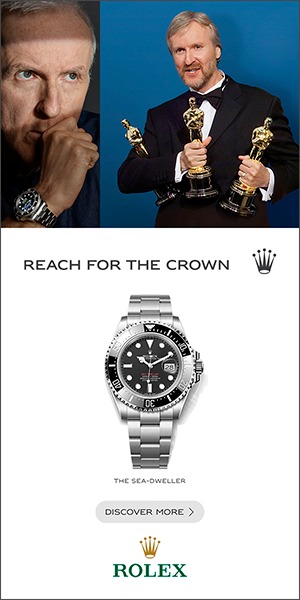For all those who see the wisdom in their grandmother’s health hacks, Rujuta Diwekar is a household name. After all, ancient wisdom is what India's most popular nutritionist promotes. She talks to us about the future, with a steady eye on the regulation of climate and crop cycles.
/https://elle.in/wp-content/uploads/2021/01/RujutaDiwekar.png) Photograph: Manasi Sawant
Photograph: Manasi Sawant
ELLE: How has the pandemic impacted you? What have been your introspections, self-revelations and discoveries?
Rujuta Diwekar: For me, the biggest discovery, if I may even call it that, has been that our kitchens are central to our homes, health and happiness. It has helped uncomplicate the idea of health at a deeper level. It has allowed me to discover that the act of cooking, sharing and eating, helps us unwind and brings a sense of belonging, deep joy and nurturing. I have a newfound respect for the creative brilliance and logistical efficiency of our grandmothers. I realise how under-appreciated and under-rated the art of running a well- functioning home is.
ELLE: What has the crisis shown us as a community?
RD: That our priorities need a major reset. The crisis has shown us how interconnected our health, economy and ecology is, and how health care, poor planning, emergencies, etc, affect everyone across the socio-economic divide.
ELLE: In the coming few years, what do you see as challenges in your field?
RD: We have inherited timeless wisdom on food, health and wellbeing. The challenge is to embrace home-grown wisdom before it shows up on a magazine cover, trends as a hashtag, or is displayed on a health food rack of the superstore.
ELLE: What are your suggestions to tackle them?
RD: We must understand health from the point of view of culture, customs, cuisine, climate and crop cycle. If we are to future-proof our health, we must know what has withstood the test of time.
ELLE: How is your field evolving to accommodate the new demands of your audience's changing mindsets?
RD: I hope we appreciate that health is not built at an individual level but at a community and policy one. My dream would be to see politicians and policies that respond to public health proactively.
ELLE: You place a heavy importance on the power of communities. In this age of social distancing, how can we feel connected to our community, be it local neighbourhoods or an extended family unit?
RD: Our deep-rooted family and community connections can withstand the social distancing of the pandemic. Speaking strictly in terms of food, it binds us together across continents and technology. And if used wisely, it can be a big enabler. We already know of families rediscovering their age-old recipes and cooking together, even remotely. At the neighbourhood level, groups of people are engaging with small farmers and sourcing fresh produce directly from them. These are just examples of how there is always a silver lining and it’s important we don’t lose sight of that.
ELLE: The world is moving towards making conscious choices. What are your views on 'thoughtful fashion'?
RD: My fashion choices would be the same way as I define thoughtful eating—a way that keeps an individual healthy, helps the local economy and the global ecology. We must realise that our daily choices, whether it is food or fashion, have an impact on the local community we live in and also the environment at large, and therefore, must be always rooted in sustainability. Conscious consumption is a lifestyle and something you can sustain for the next five years, 15 years and even 50 years, without any negative impact on the world.
ELLE: How are you #ImaginingTheWorldToBe post COVID-19?
RD: I imagine a world that is more sensitised to inequalities and ensures equal access to health for everyone.
/elle-india/media/media_files/2025/12/20/bespoke-1280x720_static_2025__james-cameron_jpg-2025-12-20-11-52-00.jpg)
/elle-india/media/agency_attachments/2024/12/12/2024-12-12t050944592z-2024-11-18t092336231z-czebsydrcd4dzd67f1wr.webp)
/elle-india/media/agency_attachments/2024/12/12/2024-12-12t050944592z-2024-11-18t092336231z-czebsydrcd4dzd67f1wr.webp)
/elle-india/media/media_files/2025/12/20/untitled-1-1-2025-12-20-12-04-20.png)
